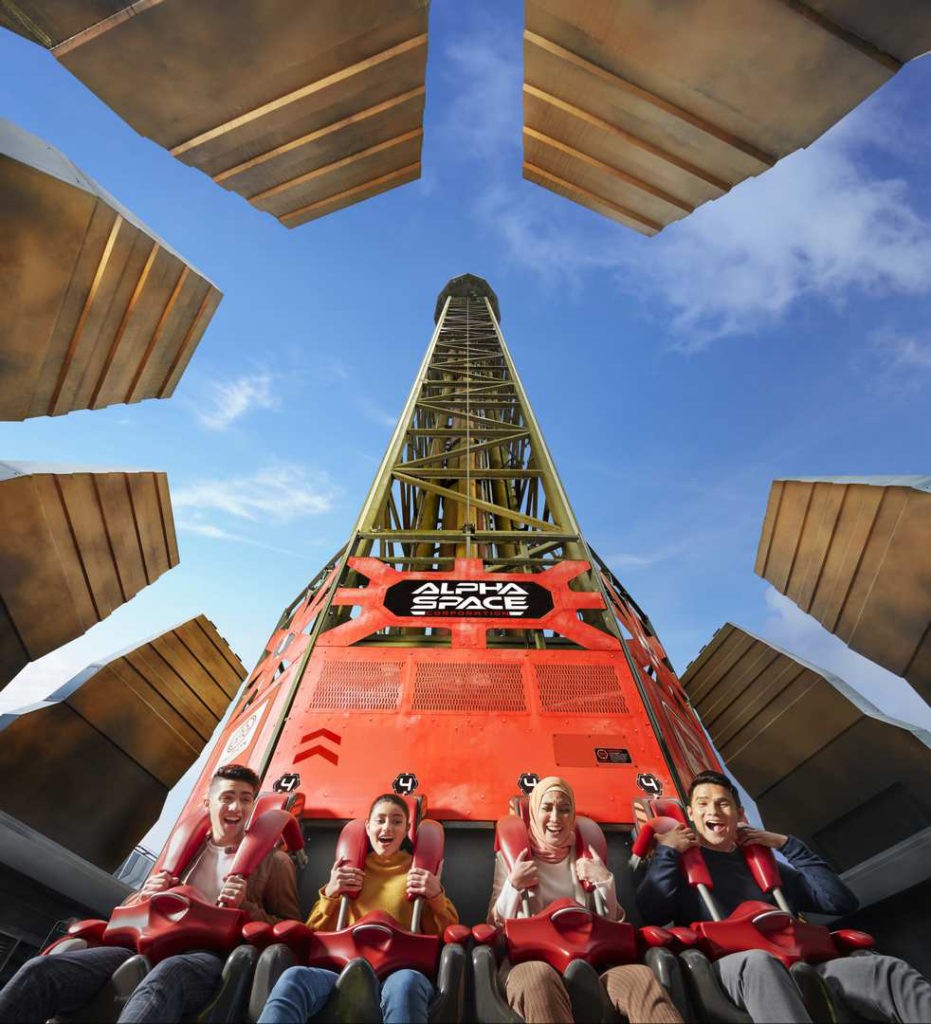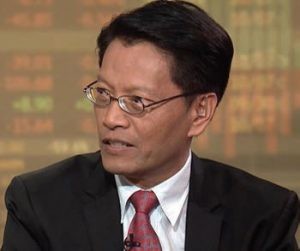Analysts believe that it will be difficult for Genting to conquer its space in the local market when the Government must opt for stability in the renewal of gaming licenses. But its geopolitical relationship between China and the US could be a point in its favor, as well as the fragile position of one of the concessionaires.
The new bidding round for Macau gaming concessions ended on 14 September. As expected, the big six gaming companies participate in the contest and try to protect their position in the market.
However, Genting’s entry creates a fight between seven companies for six seats. The competition began on September 16, and GMM S.A., which represents the Genting Group, was admitted “conditionally”.
The Government says that the Commission will negotiate, consult and scrutinize the proposals of the admitted companies, with the results of the tender to be released by the end of the year. The contest offers six licenses up to 10 years from January 1, 2023. And one of the companies won’t do well for the next decade.

The six current operators do not seem to be afraid to face the new competitor. In an interview during the opening of the competition, Melco Resorts & Entertainment President and CEO Lawrence Ho shared that the race between seven companies for just six licenses reflects the “industry confidence in Macau’s long-term development”.
The company is extremely confident that it will receive one of the new licenses due to its “constant promotion of other non-gaming elements and Macau’s industrial diversification, in line with the Government’s ideals over the past decade”.
Co-CEO and Managing Director of MGM China, Pansy Ho, is equally confident that her company has brought innovative, cultural and artistic elements to entertainment in Macau, planning in the future to continue working in accordance with government requirements, especially in the areas of sport and environmental protection.
The businesswoman stresses that gambling in Macau has “supported the entire community and responded to various measures by the Government.”
After applying for the tender, Genting Malaysia, a subsidiary of the Genting Group, issued a statement stating that its participation in the tender “offers the Genting Group the opportunity to expand its activity in the hotel sector and its position in the international market.”
The GMM representative also said he hopes to “bring a new impact” to Macau with the tender.
GIANT CONTRIBUTION OF THE SIX BIG COMPANIES
Analysts believe that while the Genting Group has some strengths compared to the other six companies, it will be difficult to break the current structure. Alidad Tash, managing director of 2NT8, a consulting firm in the gaming industry, tells PLATFORMA that “there is no reason for the Government to expel a company that has met its criteria over the last 20 years and developed a series of properties. ”.
The same reiterates that the probability of Grupo Genting receiving one of the licenses is extremely low.

“Translating to numbers, I believe the Big Six companies have a 97 to 98 percent chance of receiving the gaming license,” he says.
Investment bank Citibank published a report in which it shares the same opinion, noting that the Genting Group “has no different conditions” capable of convincing the Macau Government to offer it a gaming license to the detriment of current operators.
The report reveals the contribution of these six companies to Macau over the last 20 years, including an accumulated local investment of more than 50 billion in new tourist attractions, hotel rooms, commerce and local employment.
ONE PROJECT, TWO OPERATORS
The Government has also repeated multiple times that no more land will be made available for the exploitation of the game after the current concessions expire at the end of this year.
It will continue to allow the use of current locations and casinos operated by the six major concessionaires in accordance with the law. If a license is offered to the new competitor, the infrastructure will be leased to it.
However, Citibank mentions in its report that these infrastructures and casinos were created in resorts owned by the current operators. If Genting receives a license, it will have to operate the casinos located on the resorts of another company.
The brokerage firm therefore believes that the six big companies will most likely win the tender, as the Government “does not want an integrated resort project with two companies operating gaming and non-gaming infrastructures”.
Ben Lee, managing director and founder of iGamiX, a gaming consultancy, believes these issues are not significant. The same shares with PLATFORMA that “if one of the current operators does not receive a license, it will be logical to negotiate an agreement with the new company [for the sale of infrastructure not related to the game], since the loss of the license will imply the exploitation of non-gaming infrastructure at a loss”.

Ben Lee mentions that if Genting receives the license, it will be able to use the Treasure Island Resort World Hotel, surrounded by Lake Nam Van and adjacent to the Hotel Lisboa Macau, to operate its casino.
According to available information, Genting Hong Kong, a subsidiary of Genting, purchased 75 percent of the land for the Kwan Yany Yan Chi project in 2007, among others, and is looking to develop the Treasure Island Resort World Hotel. However, the company sold 37.5 percent of the land to Ao Mio Leong, another Macau businessman, at the end of 2020, showing intentions to sell the remaining shares.
Genting Hong Kong is currently declared bankrupt due to financial problems, so it is uncertain whether the company still holds rights to the land. Construction on the Treasure Island Resort World Hotel is expected to be completed by the end of this year, with 600 hotel rooms and a shopping mall. However, the Government has not yet authorized the construction of a casino on the site.

PATRIOTISM AND NATIONAL SECURITY
The Genting Group, led by Lim Kok Thay, participated in its first public tender for gambling licenses in Macau 20 years ago, at the time under the name Macau Star, S.A., losing. 20 years later, Genting has become a gaming multinational and is back in the battle in Macau.
In addition to operating several renowned casinos in Malaysia, Singapore and the Philippines, its operation is also present in markets such as the UK and USA.
As one of the few analysts who views the Genting Group favorably, Ben Lee notes that given the geopolitical relationship between China and the US, “only companies deemed sufficiently patriotic” will receive one of the new licenses.
The fact that Genting Group CEO Lim Kok Thay is Malaysian could help the company stand out from the competition. In addition, Genting also owns a ski resort in Zhangjiakou, Hebei called Genting Secret Garden and helped to organize some of the events of the 2022 Winter Olympics in Beijing.
POSSIBLE SOLUTION
Currently, three of the six big gaming companies in Macau have US capital, Sands China, Wynn Macau and MGM China Holdings. According to Ben Lee’s analysis, the company most likely to be replaced with a possible Genting Group victory will be Wynn Macau, followed by MGM China and Sands China.
“In terms of developing non-gaming products and building bridges between Macau and Beijing, [Wynn] has contributed less.”
However, investment bank Sanford C. Bernstein recently reported: “We do not expect the Genting Group to win the bid and replace the remaining operators, however, we believe that the company has positioned itself as a possible solution should some of the operators eventually experience financial difficulties, need to partnership or selling [your business] in the future”.
Assessing the current financial context and capital flow of the six companies, the brokerage firm firmly believes that SJM Holdings may need to collaborate with the Genting Group in the future.



